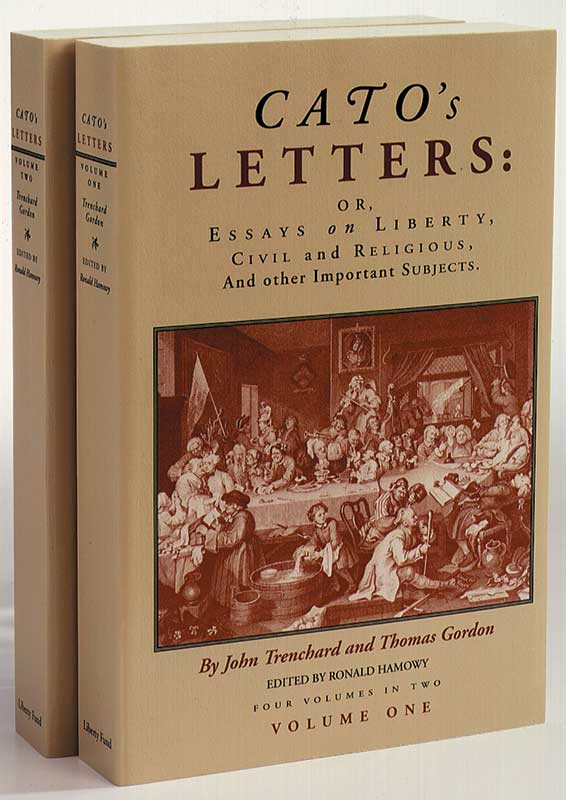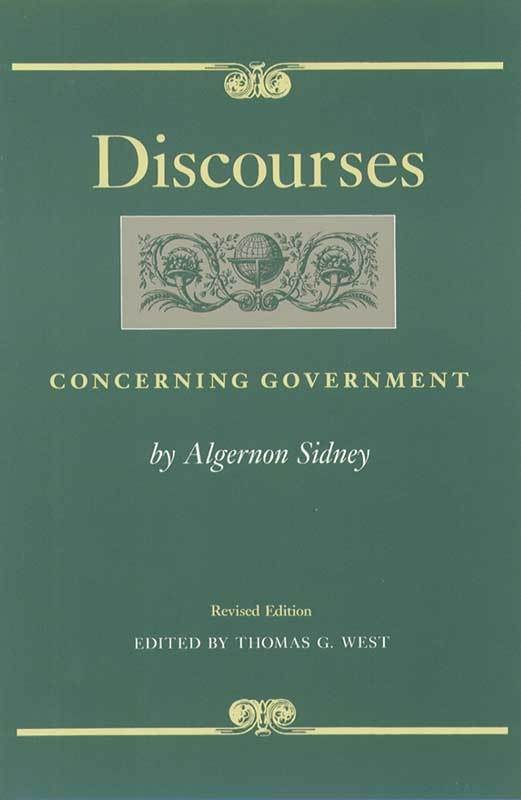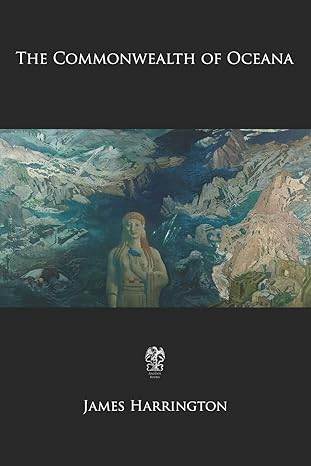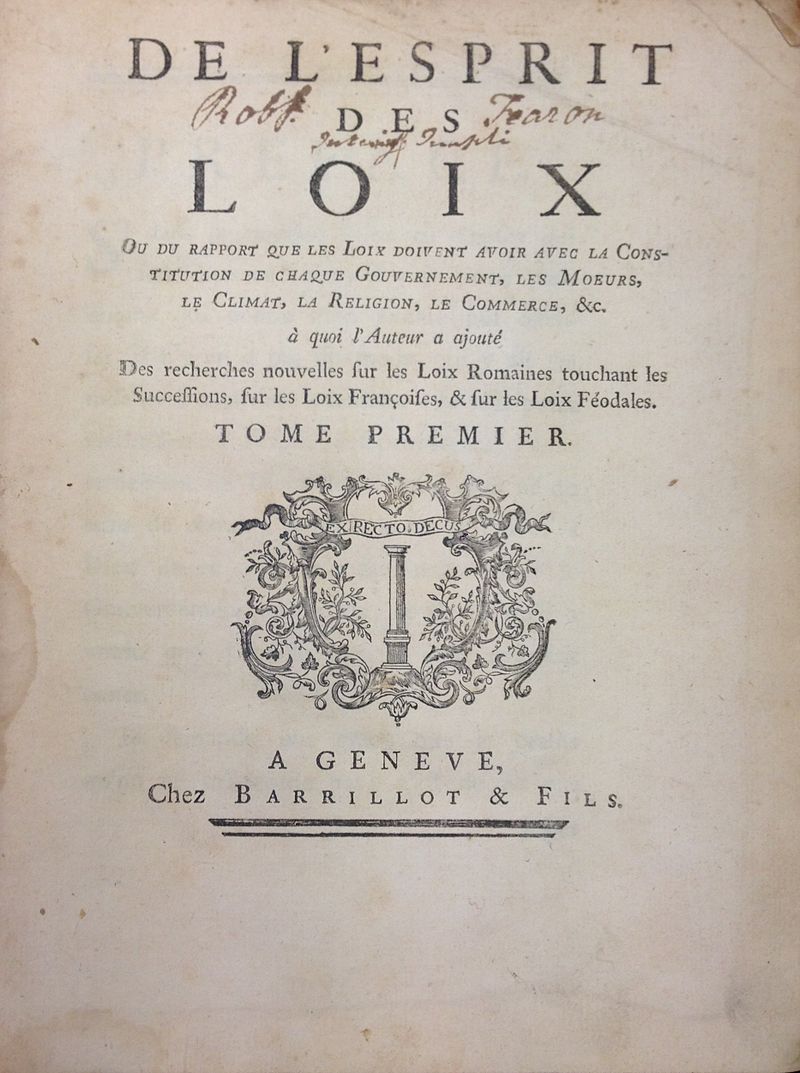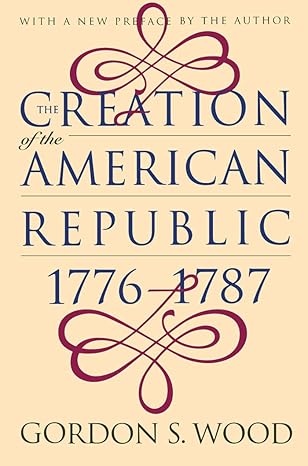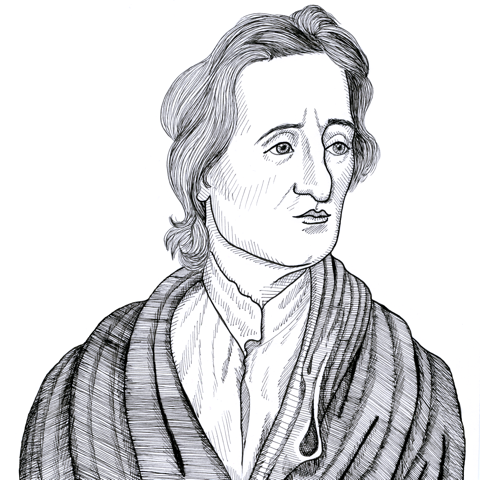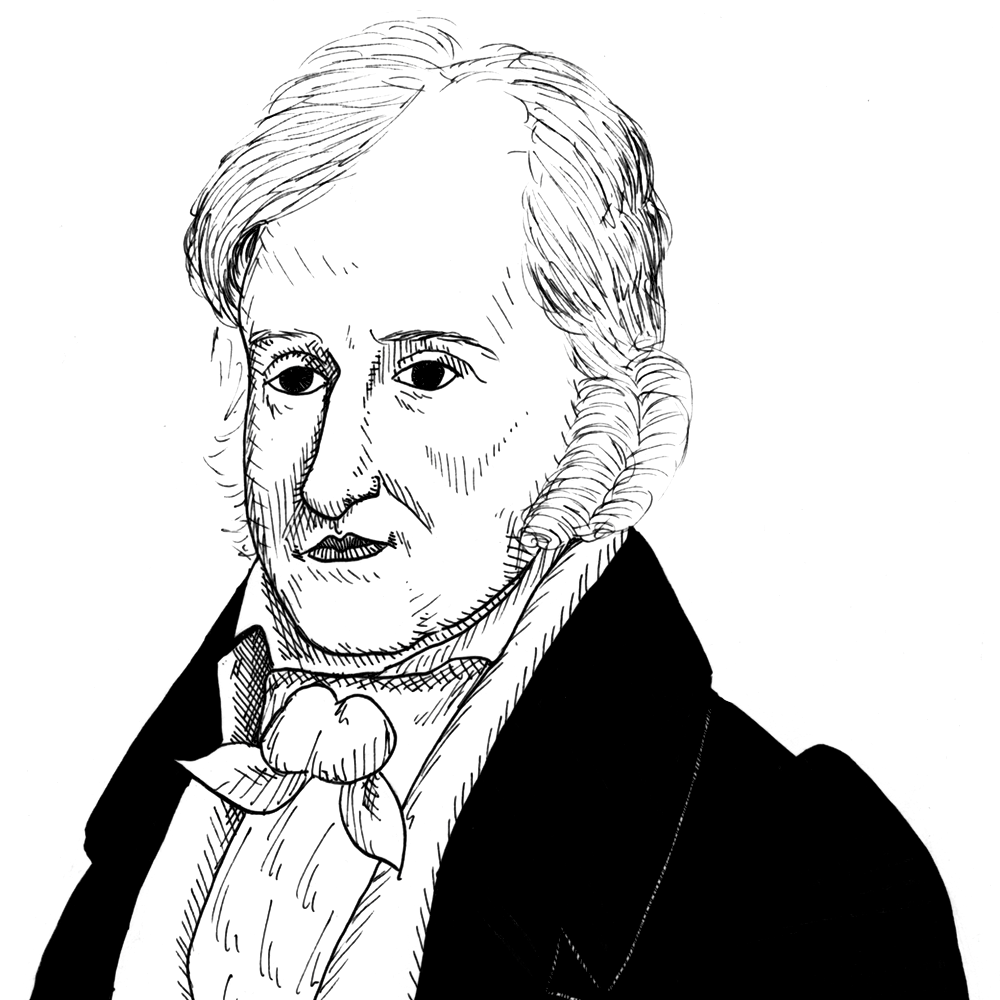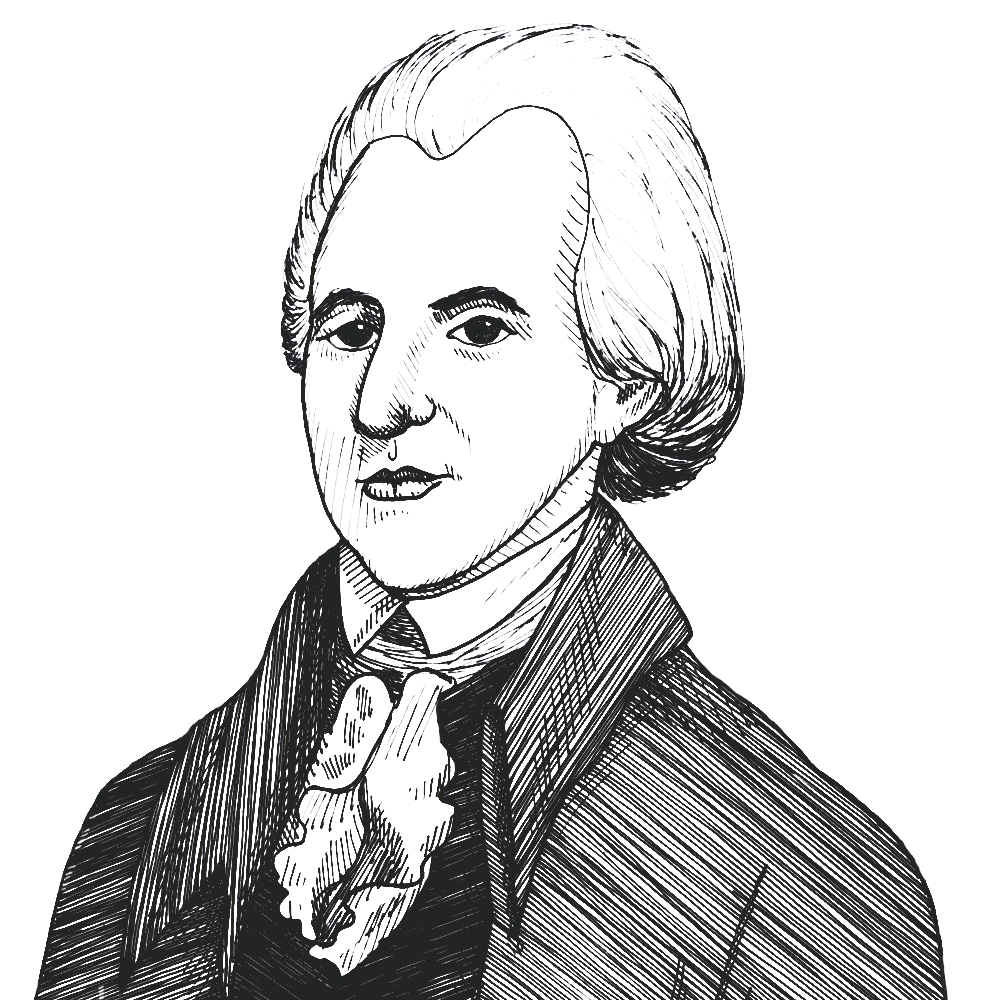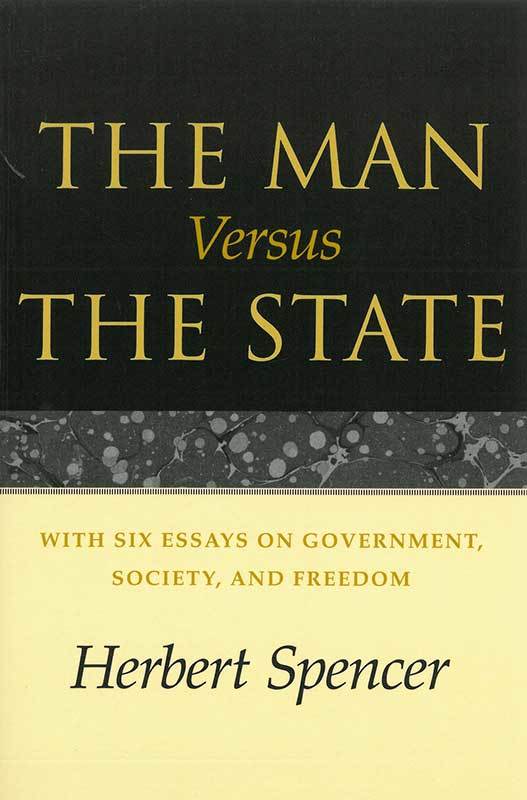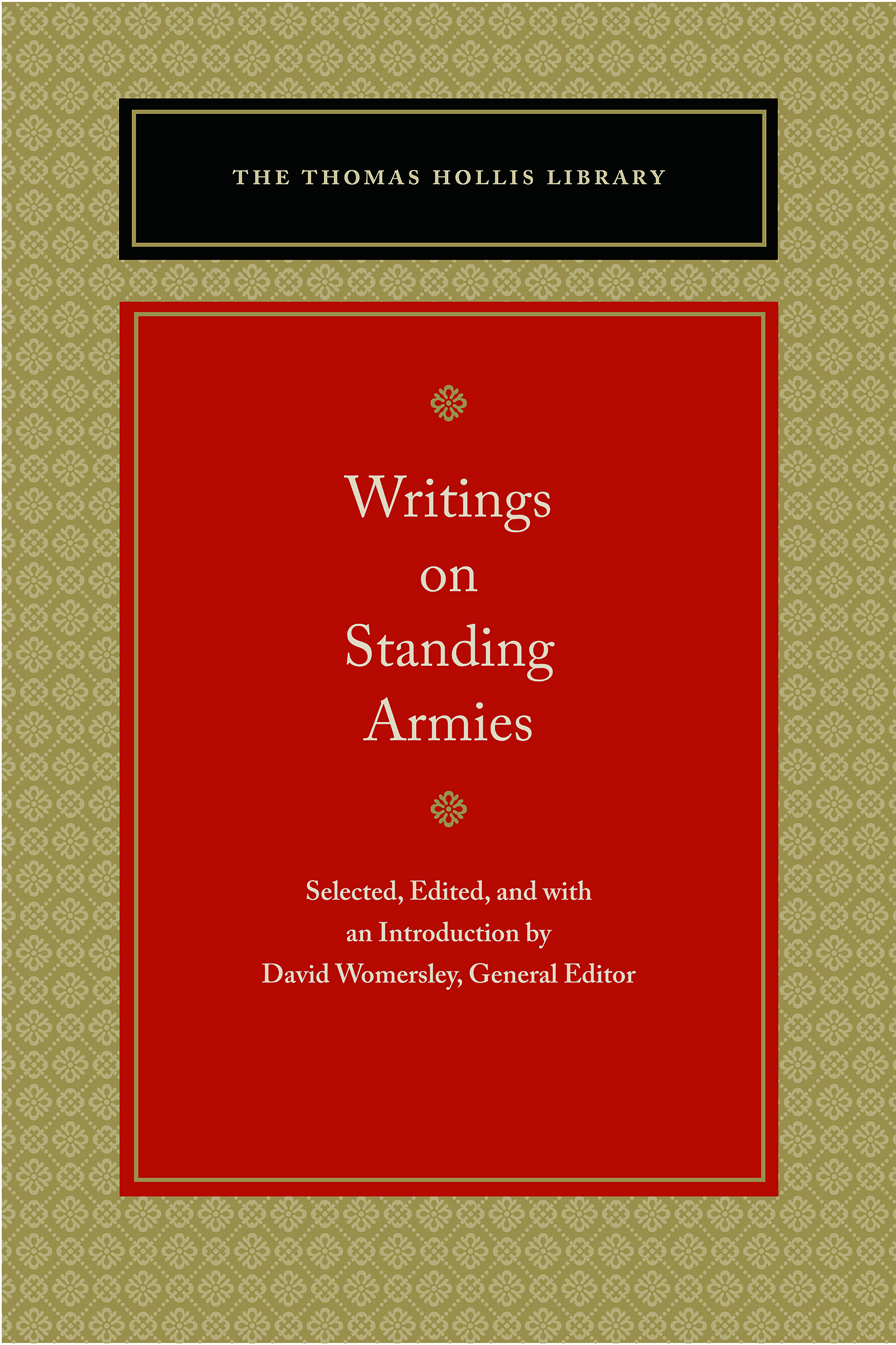
Writings on Standing Armies
- David Womersely (editor)
The questions of where to locate, in whose hands to place, and how to exercise the state’s powers of deadly military force inform a perennial topic in political theory and coalesce into a recurrent problem in political practice. Liberty Fund presents Writings on Standing Armies, a newly collected, authoritative edition of the most important pamphlets on the “standing armies” controversy of 1697–98. In addition, these writings express a subtext that is of equal and enduring importance: the transforming effects exerted by the prolonged possession of power on individuals and administrations.
Related People
Critical Responses
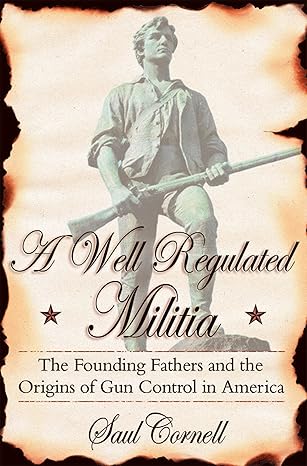
Book
A Well-Regulated Militia: The Founding Fathers and the Origins of Gun Control in AmericaSaul Cornell
Cornell shows that while Anti-Federalists opposed standing armies, their solutions (local militias) were complicated, messy, and not always practical—hinting that standing armies became necessary despite the ideological preference for militias.
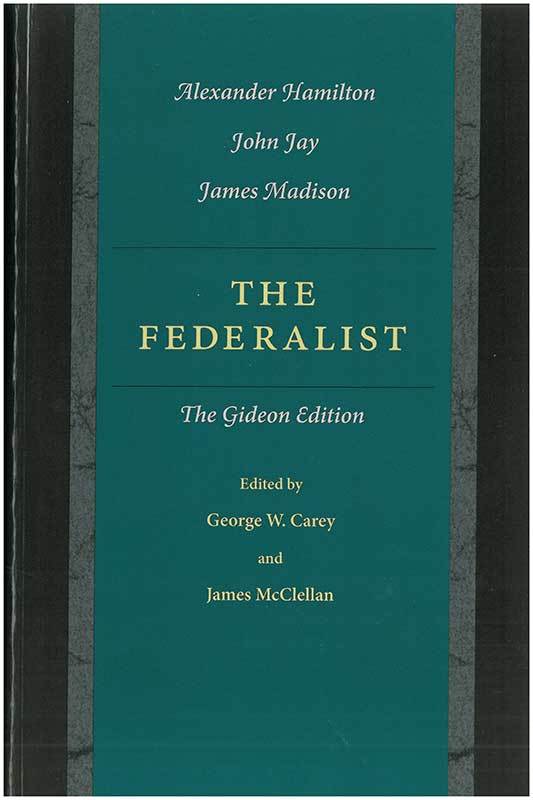
Book
The Federalist PapersAlexander Hamilton
Federalist No. 24, 25, and 26
Hamilton defends the need for a standing army in peacetime, arguing that dangers abroad and internal unrest require national military preparedness.
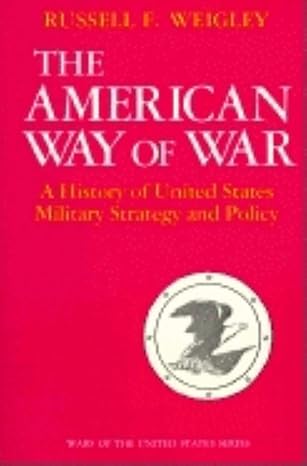
Book
The American Way of WarRussell F. Weigley
Weigley argues that while fears of standing armies were important, they were often based more on historical memory and political ideology than on practical needs for national security.
Connected Readings
